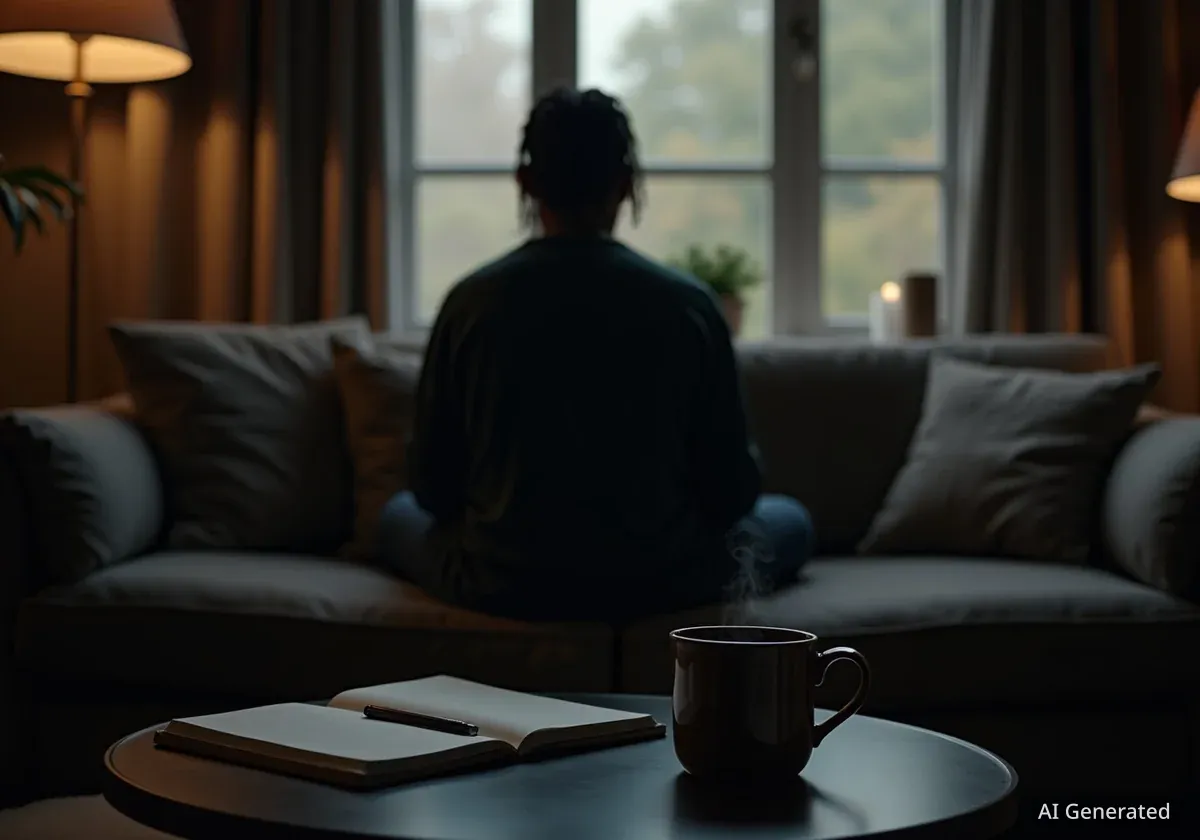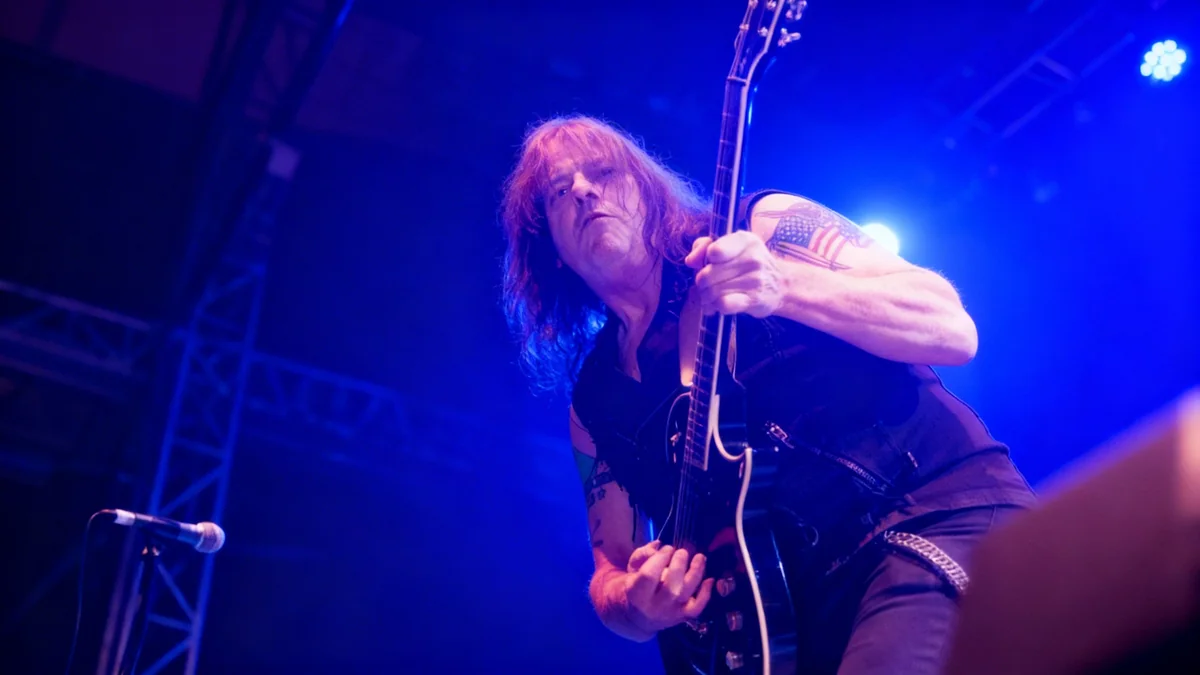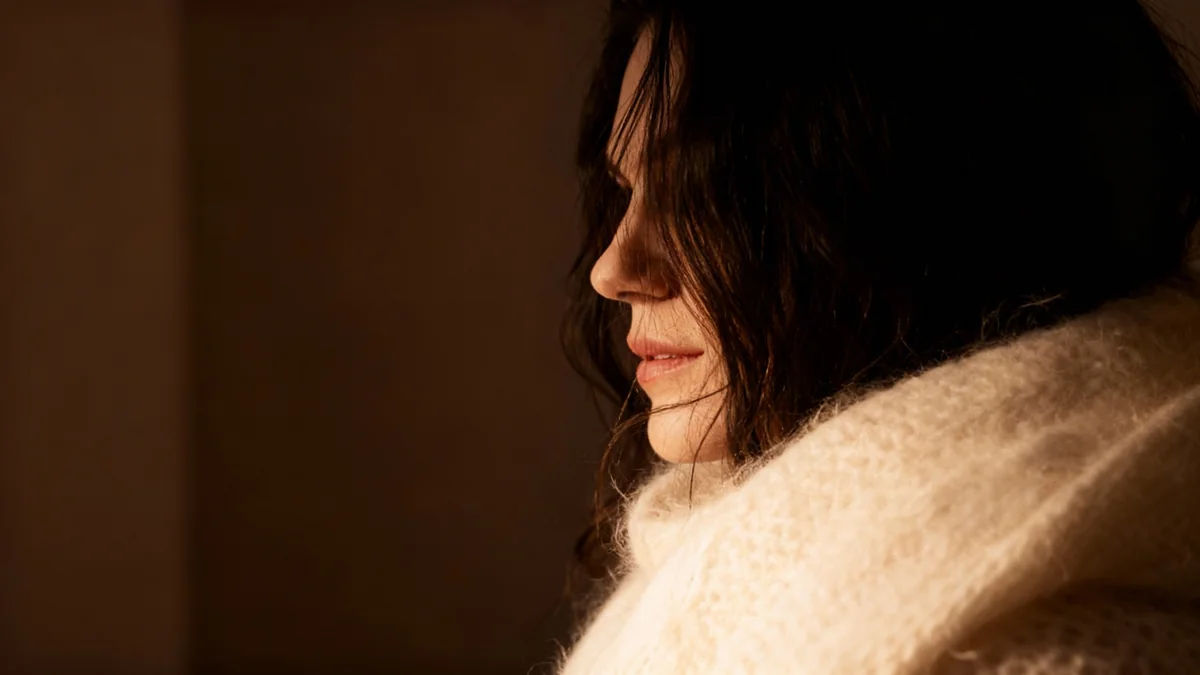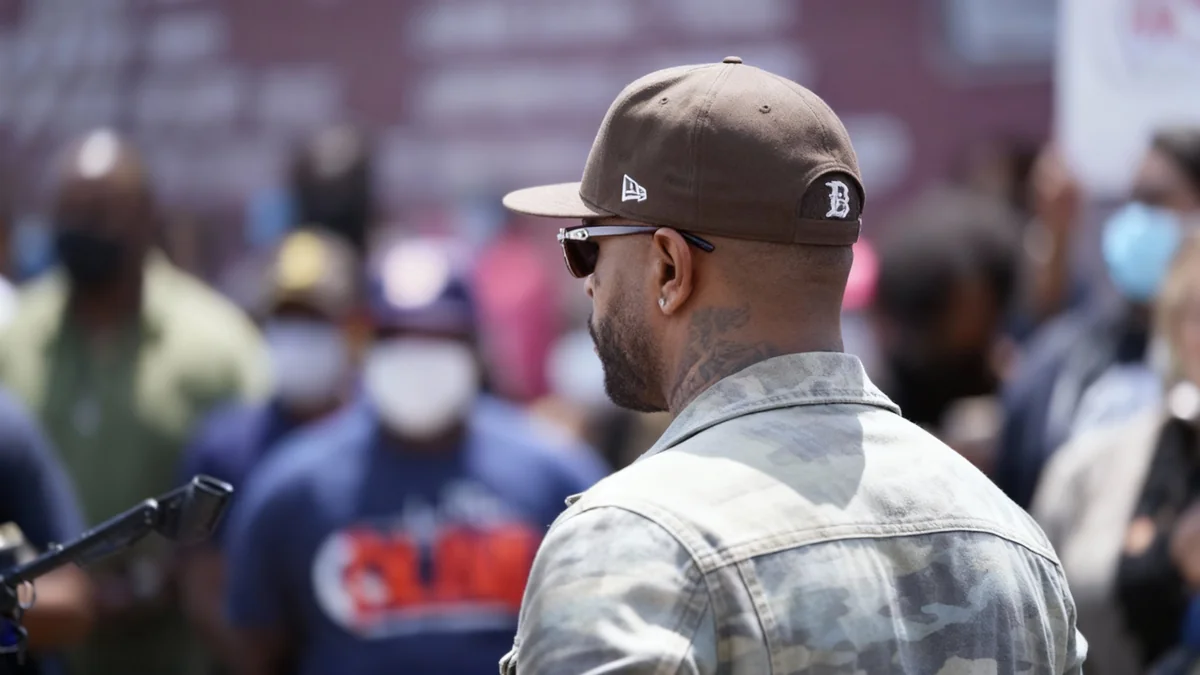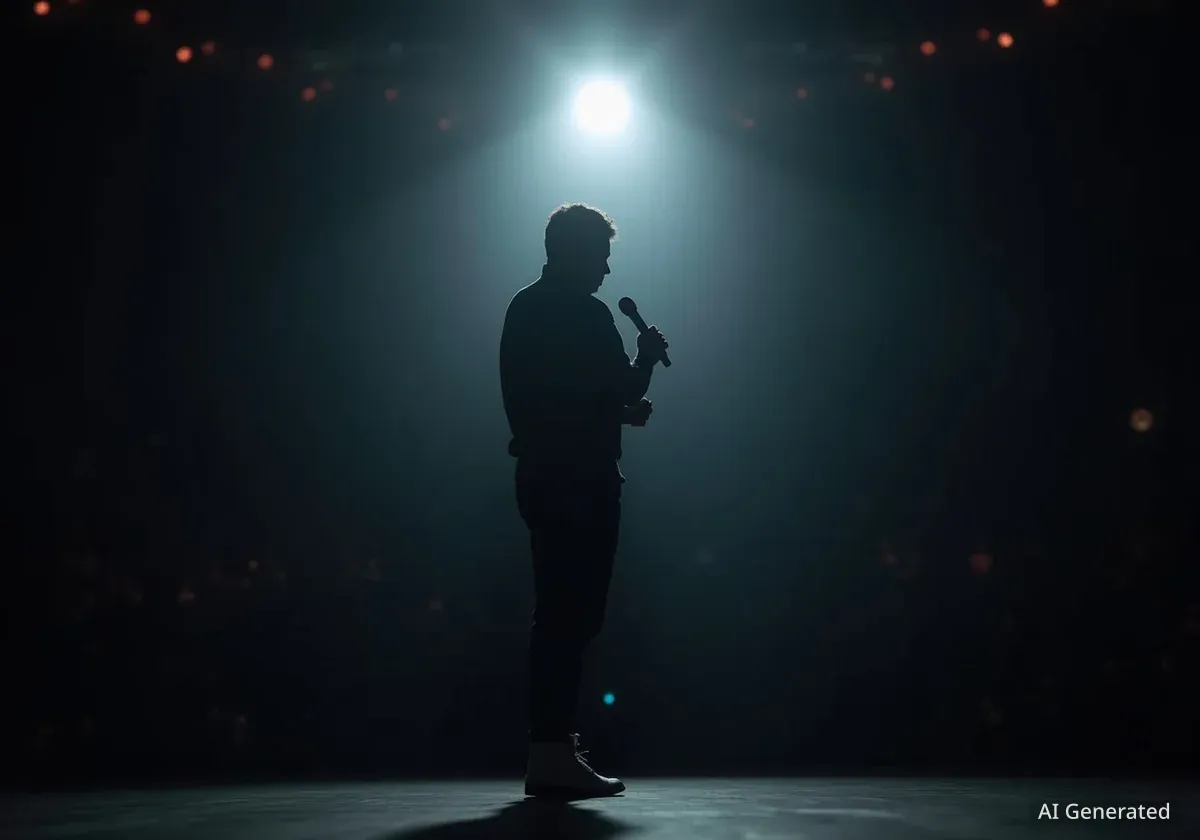Atlanta rapper Young Thug has initiated widespread discussion on masculinity, mental health, and personal relationships. His recent comments on The Pivot Podcast revealed his views on professional therapy, stating a preference for guidance from family and trusted mentors over licensed professionals. This perspective has resonated with many while also highlighting ongoing conversations within the hip-hop community and broader society.
Key Takeaways
- Young Thug shared his skepticism about professional therapy.
- He relies on family and close mentors for personal guidance.
- Thug expressed discomfort with a partner seeking therapy, viewing it as a rejection of his advice.
- His comments have sparked debate on masculinity and mental health stigma in hip-hop.
- The discussion highlights cultural differences in seeking support.
Young Thug's Stance on Professional Counseling
During his appearance on The Pivot Podcast, Young Thug explicitly stated his disinterest in professional counseling. He explained that his primary sources of wisdom and support are his immediate family members and long-standing mentors. This includes his parents, older siblings, and other respected figures in his life.
"My big sister, my big brother, my dad, my mom, my OGs… I listen to y’all," Thug stated. For him, the advice and insights gained from individuals with shared life experiences hold greater value than perspectives offered by a trained therapist. This approach reflects a common sentiment in some cultural contexts, where communal wisdom and familial bonds are central to emotional and psychological well-being.
Fact Check
According to a 2021 study by the American Psychological Association, only 20% of Black adults sought mental health services in the past year, compared to 34% of white adults. This highlights a disparity in access and willingness to engage with professional therapy within certain communities.
Impact on Romantic Relationships
A significant part of Young Thug's comments focused on how he would react if his romantic partner sought therapy. He admitted that such an action would make him feel "less of a man." This sentiment suggests a perception of competition or inadequacy if his partner chose to confide in an external professional rather than him.
"It’s like damn, you’ll actually call somebody and listen to what they have to say over me? Instead of listen to what I’m telling you," he explained. This statement reveals a complex interplay of pride, ego, and the expectation of being the sole provider of emotional support within a relationship. For Young Thug, a partner seeking therapy could be interpreted as a direct challenge to his role and influence.
"It’s like damn, you’ll actually call somebody and listen to what they have to say over me? Instead of listen to what I’m telling you." – Young Thug
Masculinity and Vulnerability in Hip-Hop
Young Thug's candid remarks shed light on the broader stigma surrounding mental health within the hip-hop genre. This cultural space often emphasizes traits such as toughness, self-reliance, and emotional stoicism. These values can make it difficult for individuals, particularly men, to admit vulnerability or seek external psychological assistance.
By associating therapy with weakness or a challenge to his masculinity, Thug reflects a widely held belief in some segments of society. This perspective underscores the complex ways in which cultural norms, personal pride, and the ability to express vulnerability intersect, particularly in the context of male identity.
Cultural Context
In many communities, especially within Black culture, there is a strong tradition of relying on spiritual leaders, family elders, and community figures for guidance and emotional support. This communal approach often predates and sometimes contrasts with the Western model of individual professional therapy.
The Broader Dialogue on Mental Health
Despite the controversial nature of his comments, Young Thug's openness is significant. His willingness to discuss such personal views publicly has undeniably started a dialogue. While his statements may reinforce existing skepticism about therapy for some, they also prompt important conversations about how masculinity is defined and expressed, both within hip-hop and in wider society.
For many men, articulating a fear of being undermined or replaced in a relationship is a rare display of vulnerability. Thug's honesty, even if rooted in a problematic view of therapy, opens a window into the internal struggles that can prevent individuals from seeking help.
Shifting Narratives and Support Systems
Young Thug’s perspective resonates with those who share similar doubts about the efficacy or necessity of professional therapy. However, his comments also highlight a critical need for evolving narratives around mental health support. The discussion points to the importance of showing that seeking help does not diminish one's strength or manhood.
Instead, engaging with mental health professionals can contribute to personal growth, emotional balance, and ultimately, stronger, more connected relationships. It suggests a need to bridge the gap between traditional support systems and modern therapeutic approaches, ensuring that individuals feel empowered, not diminished, when addressing their mental well-being.
- Traditional Support: Emphasizes family, elders, and community leaders.
- Modern Therapy: Focuses on licensed professionals and structured interventions.
- Bridging the Gap: Aims to integrate both approaches to offer comprehensive support.
This ongoing conversation is crucial for fostering an environment where mental health support is seen as a tool for empowerment, rather than a sign of weakness. It encourages a re-evaluation of how societal and cultural norms influence individual perceptions of therapy and self-care.
